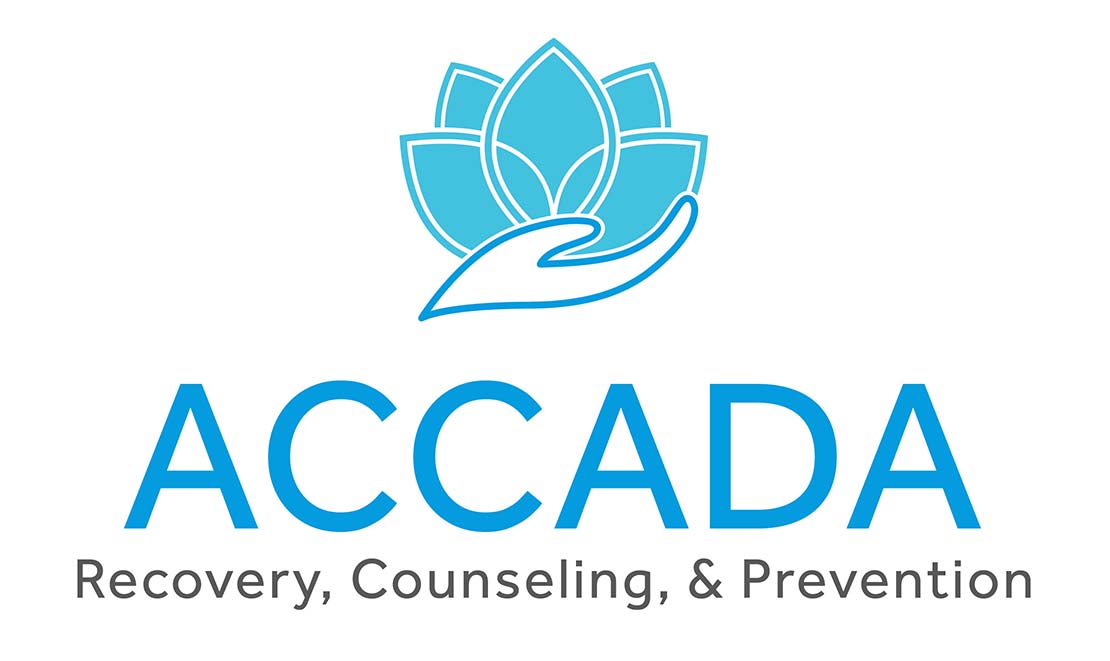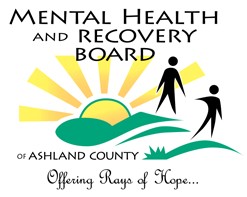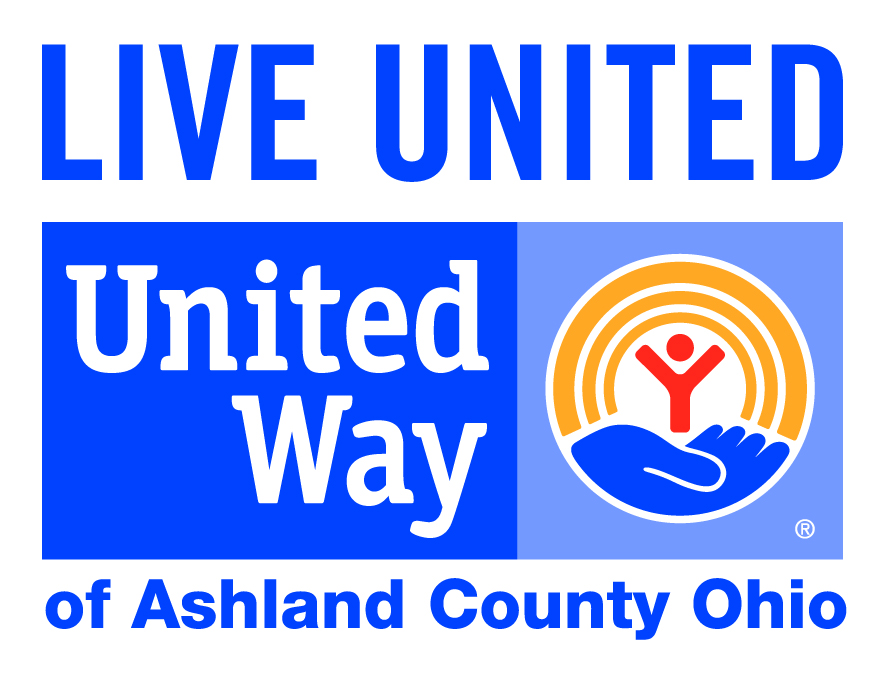Drug, Alcohol, and Substance Use: The Impact on Ashland’s Teens

Recently, the state of Ohio, and Ashland County in particular, has seen a sharp increase in drug, alcohol, and substance use among the high school population. Even student athletes, many of whom devote extensive time to physical training, are not immune to the risks of mis-use. While the statistics are sobering, help and hope are available to provide a promising future to these valuable members of our community.
Ohio Substance Abuse Statistics
For decades, Ohioans have experienced distressing numbers related to substance abuse. The Ohio Department of Health reported a 775 percent increase in opioid-related deaths between 2003 and 2015, and between mid-2016 and mid-2017, Ohio’s drug overdose deaths went up by 39 percent, the third-largest increase in the United States. While overdose deaths fell significantly in the 24-month period leading up to the pandemic, COVID has not been kind:
“The analysis by [Ohio Attorney General Dave] Yost’s Scientific Committee on Opioid Prevention and Education (SCOPE) found the death rate in Ohio from opioid overdose at 11.01 per 100,000 population in the second quarter of 2020—the highest rate in 10 years. The previous 10-year high was in the first quarter of 2017 at 10.87 opioid overdoses per 100,000 population.”
This state-wide opioid crisis has made an impact across generations and counties, including Ashland’s teen population. The image of a high-school drug user as a detached loner lacking motivation is a harmful stereotype, as substance use has become more prevalent among students, including student athletes.
Risk Factors
Why do students, including athletes, turn to stimulants and prescription pills? No athlete sets out to become addicted, but a few common scenarios can put them at risk:
- A prescription painkiller is prescribed for a sports injury. In the case of a highly addictive opioid, the painkiller quickly becomes habit forming.
- An injured student experiencing the stress of missing practice and competitions may feel particularly vulnerable to turning to a substance as a coping mechanism.
- Athletes feeling the pressure to perform—getting more play time, increasing their score or average, running a PR, earning scholarships—may want to turn to substances as an “escape.”
- Students striving to strike the balance of strong athletic and academic performance may feel tempted to take “study drugs,” like highly addictive amphetamines, to help them focus.
While students and maybe even the adults in their lives may see these substances as “necessary evils” to get through a difficult phase of life, the long-range effects can be serious. An ESPN report on a study conducted by researchers at Washington University in St. Louis School of Medicine, states that “[NFL players] who misused prescription painkillers while playing were three times more likely to misuse the drugs today than those who used the pills as prescribed while playing.” Prevention is the best strategy for keeping students safe today and providing a healthy foundation for their adult lives.
Getting Help
If you or a student you know is struggling with substance use, treatment is available. Ashland County Council on Alcoholism and Drug Abuse (ACCADA) is here to provide education and resources along with support, counseling, and recovery services. Whether you're deep into your competitive season, recovering from an injury, or feeling lost about what to do next, you are not alone. Contact ACCADA today for resources, treatment, and support.



